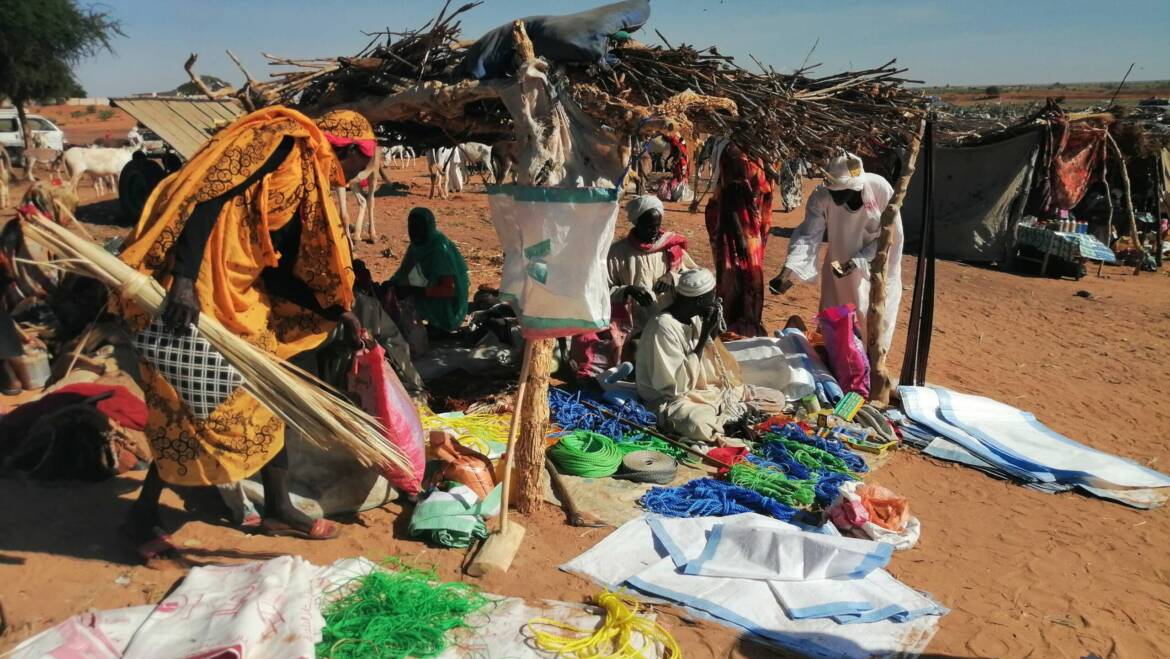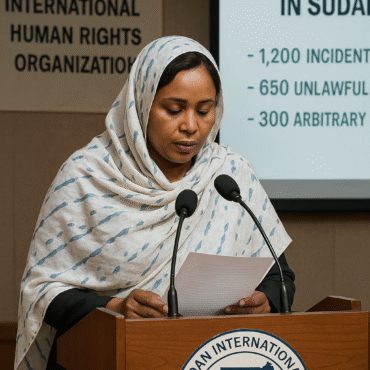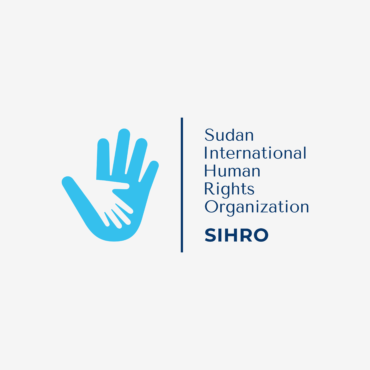Conflict Analysis Report: Food Security and Livelihood Assessment in West Darfur, Sudan
A Human Rights Perspective on the Impact of Conflict on Food Security and Livelihoods
Executive Summary
This report presents an in-depth analysis of the Food Security and Livelihood (FSL) assessment conducted in West Darfur, Sudan, from a human rights perspective. The analysis highlights the severe impacts of ongoing conflict on the region’s food security and livelihood, emphasizing the urgent need for intervention to address these critical issues.
Acknowledgments
This report draws on the comprehensive data and insights from the FSL assessment conducted in West Darfur. SIHRO acknowledges the invaluable contributions of all humanitarian organizations and local partners involved in this critical assessment.
Introduction
The Food Security and Livelihood (FSL) assessment in West Darfur, conducted by various humanitarian organizations, underscores the dire humanitarian crisis resulting from prolonged conflict. The assessment reveals the intricate link between conflict and food security, with a particular focus on how violence and displacement have exacerbated the vulnerability of the local population.
Methodology
The assessment utilized a combination of household surveys, key informant interviews, and focus group discussions to gather comprehensive data on food security and livelihoods in West Darfur. The data was analyzed to identify trends, challenges, and opportunities for improving regional food security.
Human Rights Situation
The ongoing conflict in West Darfur has led to widespread human rights violations, including forced displacement, destruction of property, and restricted access to essential services. These violations have profoundly impacted the food security and livelihoods of the affected populations. Women and children, in particular, have borne the brunt of the crisis, facing increased risks of malnutrition, exploitation, and abuse.
Key Findings
- Food Insecurity: The assessment found that a significant proportion of households in West Darfur are experiencing severe food insecurity. The disruption of agricultural activities and limited access to markets have drastically reduced food availability and affordability.
- Livelihood Disruption: The conflict has severely disrupted traditional livelihoods, including farming and pastoralism. Many families have lost their primary sources of income and are struggling to meet their basic needs.
- Displacement: Large-scale displacement has further complicated the food security situation. Displaced persons often lack access to land for cultivation and face challenges in securing stable employment.
- Access to Aid: Due to ongoing hostilities, humanitarian access remains restricted in many parts of West Darfur. This has hindered the delivery of essential food aid and other relief services to the most vulnerable populations.
Call to Action
The Sudan International Human Rights Organization (SIHRO) urges immediate and coordinated action from the international community to address the food security crisis in West Darfur. Key recommendations include:
- Increased Humanitarian Aid: Urgently scale up food aid and nutrition programs to support the most affected communities.
- Protection of Human Rights: Protect human rights by holding perpetrators of violence accountable and promoting the rule of law.
- Support for Livelihoods: Implement programs to restore and diversify livelihoods, reduce dependency on aid, and enhance resilience.
- Access to Services: Advocate for unimpeded humanitarian access to ensure timely delivery of aid and services to those in need.
Conclusion
The conflict in West Darfur has created a humanitarian crisis characterized by severe food insecurity and disrupted livelihoods. Addressing these challenges requires a concerted effort from the international community rooted in human rights and humanitarian aid principles. The Sudan International Human Rights Organization (SIHRO) remains committed to advocating for the rights of the affected populations and working towards sustainable solutions.




Add Comment